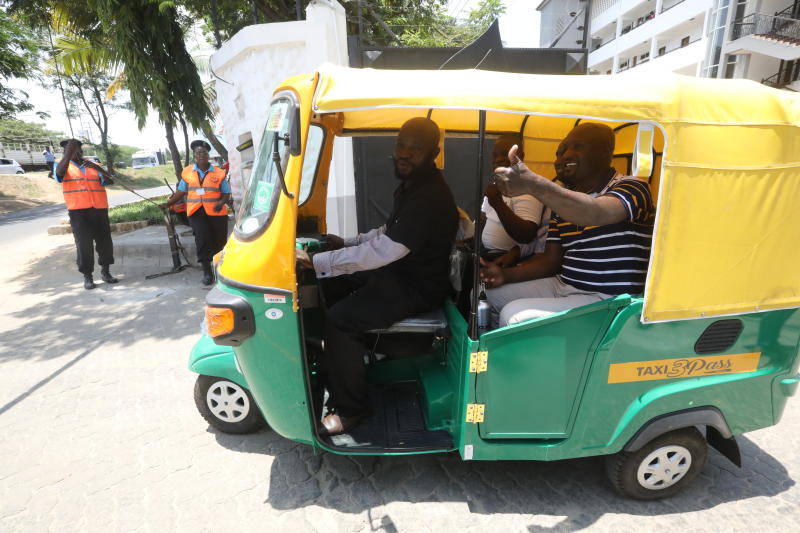×
The Standard e-Paper
Kenya’s Boldest Voice

Taxi hailing service providers will pay up to Sh500,000 to operate if a proposed law comes into force.
This is according to new regulations proposed by the National Transport and Safety Authority (NTSA) spelling out tough conditions for ride-hailing companies and drivers.